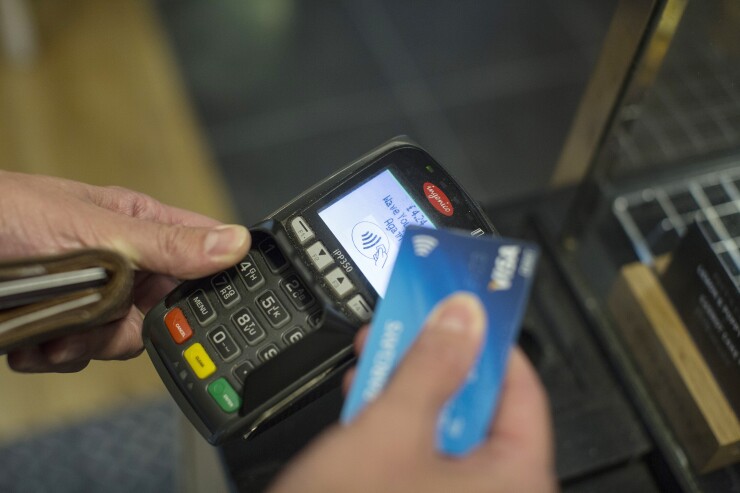Want unlimited access to top ideas and insights?
Ingenico is negotiating a business combination with BS Payone that would boost its profile in parts of central Europe and allow it to counter multichannel moves by other major payment companies.
Under a potential deal, BS Payone—a subsidiary of the Sparkassen FinanzGruppe—would combine with Ingenico retail assets in the DACH region (Germany, Australia and Switzerland).
The Paris-based

The combination would sell multichannel payment and merchant tools to retailers in the region. The Frankfort-based PayOne serves more than 250,000 merchants, making it one of the largest merchant acquirers in Germany; and it has partnerships with several German banks.
The two companies are positioning the deal as a collaborative long-term venture to build both online and offline technology. Ingenico's position in the DACH region will be strengthened, giving Ingenico extra omnichannel heft as
The combination can also play a supporting role as Ingenico girds against encroachment by PayPal and Square.
Both PayPal and Square are making major investments in diverse services that are designed to expand their respective merchant acquiring businesses in Europe.
PayPal has reached a deal to acquire
iZettle has a major merchant acquiring business in Europe, large enough to fetch $2.2 billion from PayPal.
PayPal's iZettle deal was partly a response to Square's encroachment in
Despite being an older point of sale vendor, Ingenico's rivalry with companies like Square and PayPal is relatively new. As Square and PayPal look to boost in-store technology, Ingenico is moving in the opposite direction by adding digital services to augment its traditional hardware business.
It's become a common trend: As companies diversify beyond older models—in this case Ingenico going digital—they confront younger fintechs head-on.
It's also an expensive trend. In 2017, Ingenico spent $1.7 billion to acquire
Ingenico has additionally acquired





